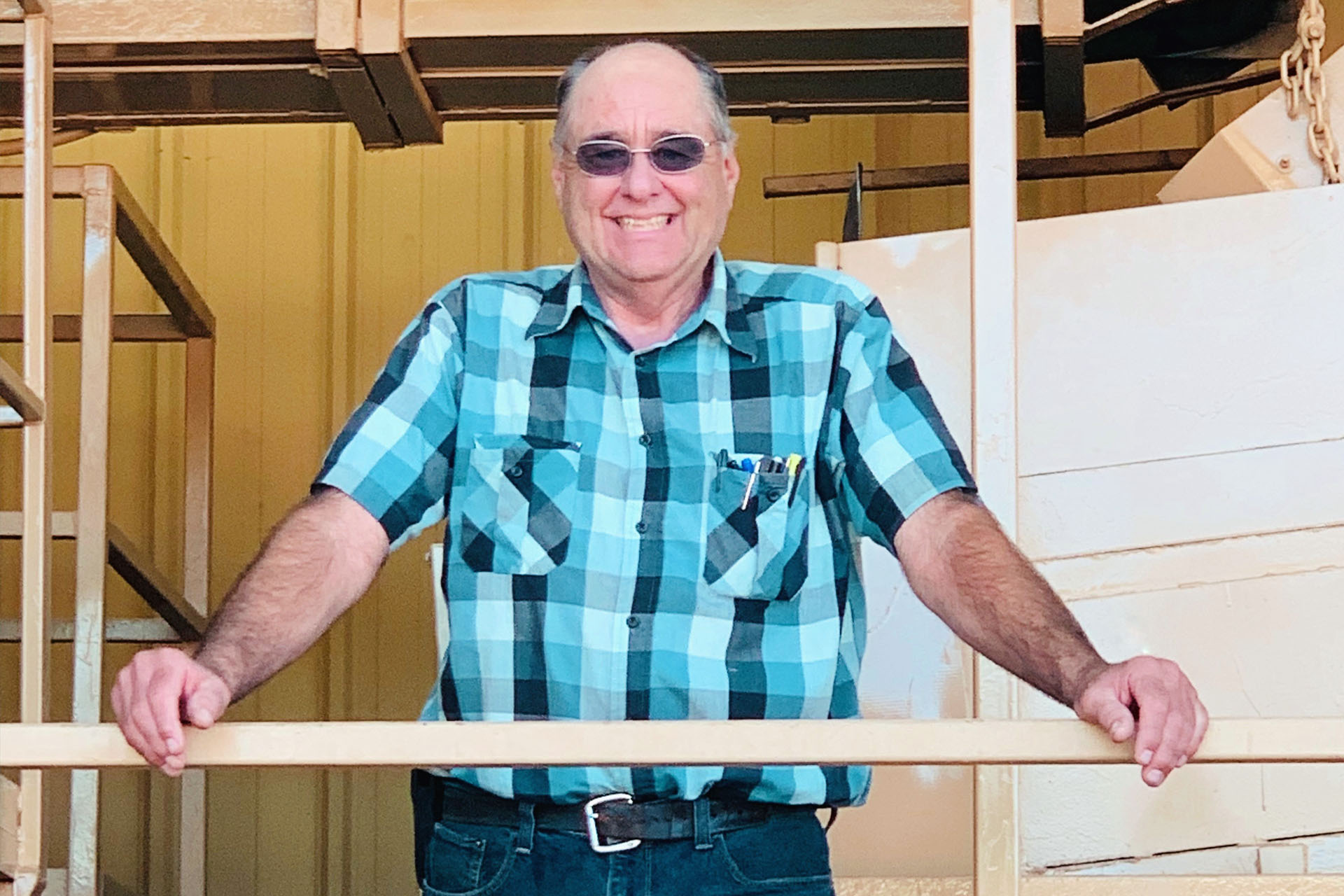5 Questions with Distinguished Alum David Keyawa

David Keyawa (Agriculture, ’81) is a co-owner of Keyawa Orchards, established in 1956 by his parents, Eugene and Dorothy Keyawa, and also owns Tri-Counties Walnut Hulling with his brother, Ron. Having grown up on his family farm—and with nearly 30 relatives who attended Chico State through the generations—he was raised with a love for agriculture and high aspirations for where it may lead. Keyawa is one of eight distinguished alumni to be honored by the University this fall, and he spoke with us to reflect on his success, his career, and his Chico Experience.
How did you discover agriculture is what you wanted to do with your life and when?
I was brought up on an almond ranch and worked pretty much all the time in the orchard. It’s all I knew. But perhaps there is one factor that may have played a futuristic role of becoming a dedicated nut farmer. When I was two years old, I became sick and was diagnosed with croup, an upper respiratory ailment. Not seeing any progress to the treatments and getting worse, my father thought that I was choking. So, he lifted me upside down, patted my back, and out rolled a sprouted almond. I guess I was born to raise nuts.
What is your vision for the future of agriculture and how do you hope to be part of it?
My vision is that automation will be a key device in the sustainability of agriculture and allow more farms to stay in business. Production costs must plateau and decrease, and one way to do this is through automatization or automized equipment. Labor, regulations, healthcare, etc. are all expenses that compromise our profit margins. Agriculture, for the most part, is a “price taker” business, and farmers can’t pick up their ground and move somewhere else. Therefore, the need to control input cost is essential.
If there’s one thing you could do for your industry, what would it be?
I think there are several misconceptions about farming and a lot that consumers take for granted. If I could do anything, it would be to inform people just how difficult all aspects of farming are and that sometimes your livelihood is dependent on Mother Nature. I also want people to know California also has some of the most stringent and ongoing regulations on farmers compared to all other states, and countries for that matter. That results in some of the safest food supplies needed by consumers around the world and keeps our local economy stocked with food at reasonable prices.
What advice would you give your graduating self?
The most rewarding part about success is going to be the steps it took to get there—and it’s going to take a lot of steps, and a lot of trial and error. As one delves into the working field upon graduation, keep in mind that your degree in a certain study may not necessarily be the field you end up in. However, that doesn’t mean those skills will never be used—continue to use your newfound knowledge to think outside the box.
Why do you continue to stay connected to Chico State?
Staying connected is simple: It’s my alma mater, in my hometown, and I enjoy watching our Wildcats be successful. We support the University Farm and have helped with the walnut irrigation system, as well as donated to research competitions and the Chico State Superior Ag Golf Classic. These connections have served beneficial to us, as well, as we’ve hired some of our newest employees from the University.


